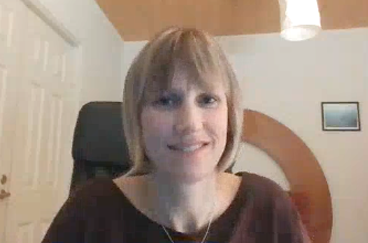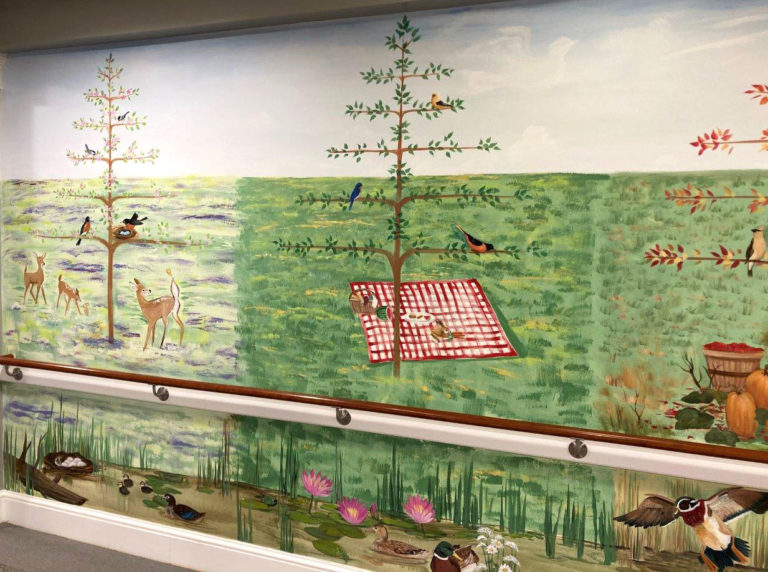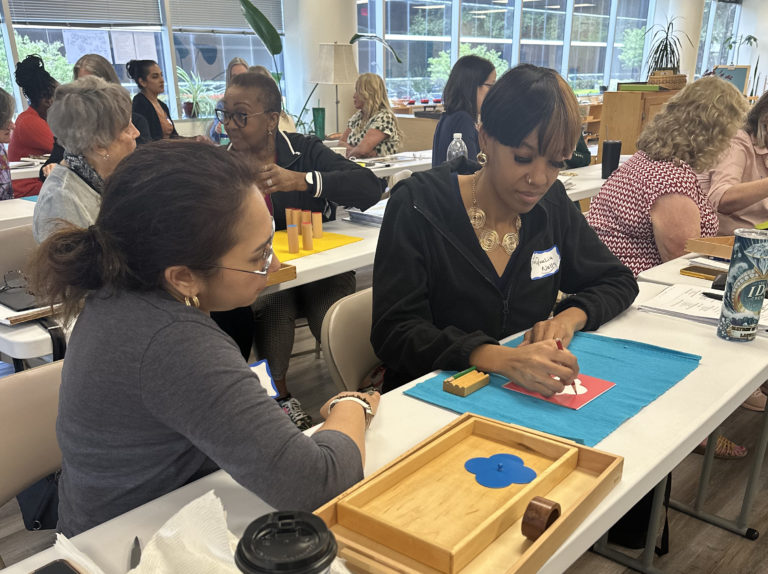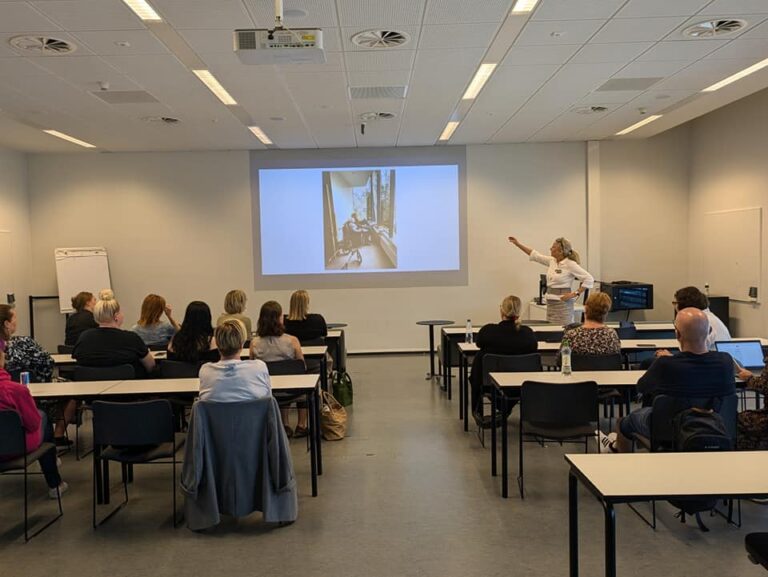Leadership Responsibilities for Implementing Montessori
It takes a team to implement Montessori for Aging and Dementia, but so often leadership send their staff to training related to new programs or skills, but don’t attend the training themselves. For successful Montessori program implementation, leaders should lead by example and attend the “From Can’t to Can Do!” workshop. Leadership can support staff and encourage change by dedicating time to discuss cases and to brainstorm ways to promote Montessori throughout the community with the direct care staff.
We suggest that leaders participate in care in the community enough to both coach care partners in Montessori principles and listen to concerns from team members through the use of open-ended questions. Coaching sessions should involve collaborative sessions between the team members and the leader to brainstorm challenges and to trial additional techniques to support Montessori implementation. Leaders are encouraged to listen to the Montessori implementation experiences of each team member at least 3 times weekly. Listening sessions should include open-ended questions, and the leader should demonstrate active listening skills such as non-judgement, eye contact and positive body language.
Leaders should be present directly in the community enough to “catch” staff implementing Montessori principles. These small or large Montessori victories should be acknowledged by way of specific praise or perhaps entrance into a gift card drawing. Leaders are encouraged to choose a “Montessori Champion” of the month and publicly acknowledge the team member’s commitment to the program.
Each care area should have at least one Montessori champion for each time of day. For example, life enrichment, care partners, leadership, medical care partners as well as other care participants should have one person who is committed to the implementation of Montessori and seeks to support such implementation throughout the community. A Montessori champion is a person who “gets it.” They demonstrate success in the implementation of Montessori principles, and they encourage others to do the same. Montessori champions are also ideally opinion leaders within their respective circles. For example, it is one thing to hear about the benefits of Montessori from the presenter at the “From Can’t to Can Do!” workshop, but it is another scenario to hear about the benefits of Montessori from someone whom you work with every day, someone you respect, your peer and someone whose opinion you already value.
Creating, leading and supporting teams is critical in new program development. In our efforts to guide you through this process, Brush and Douglas have created a workbook to empower healthcare teams to implement the core components of the Montessori program while adapting to the specific culture of the care community. Packed with practical suggestions to support care partner buy-in, this guide highlights key strategies for community leaders. As a special bonus, this guide also outlines supply lists and step-by-step instructions to engage older adults in meaningful activities such as metal insets, embroidery and food preparation. It takes a team, so let’s get started!





